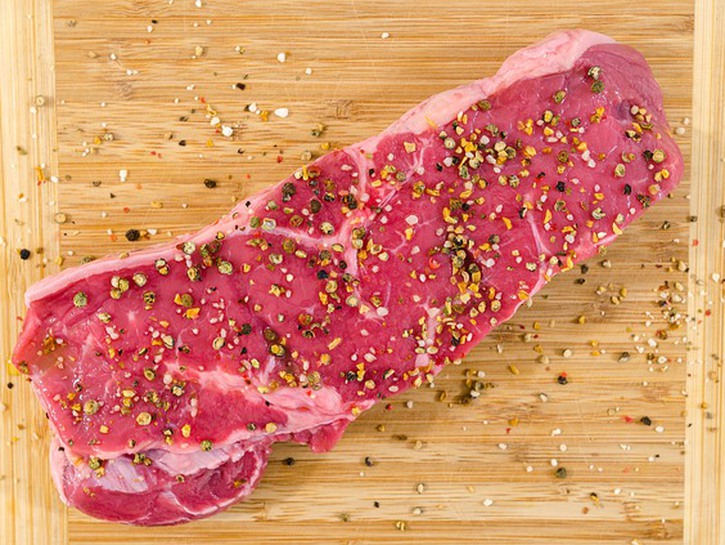Combining households can be a challenge. You have to adjust to each other’s habits, decide whose artwork gets to hang above the couch and divvy out bathroom drawers. In many cases, you must also decide what kind of cutting board you’re going to use – wood or plastic.
When I first moved in with my boyfriend, we had to work through this very conflict. He’s a gourmet cook and he was madly in love with his thick, heavy bamboo cutting board. I, on the other hand, strongly preferred my inexpensive plastic one. I realized it wasn’t nearly as pretty, but I clung to it because I was convinced plastic cutting boards carried fewer bacteria than wood cutting boards. Plastic, it seemed to me, must surely be more inhospitable to pathogens than a natural material like wood. It turns out I was wrong.
Do Wood Or Plastic Cutting Boards Carry More Bacteria?

This question had already been answered decades ago. In 1994 Dean Cliver of U.C. Davis set out to find out if plastic cutting boards hosted fewer bacteria than wood cutting boards. His published research revealed that although plastic cutting boards are easier to clean, they’re also prone to scarring, gouging, and knife marks. And bacteria love to hang out in those nooks and crannies.
Wood cutting boards, on the other hand, are self-healing to a certain extent. Cut marks are only skin deep, which means there are fewer places for bacteria to pitch their camp in.
What it boils down to is that wood cutting boards generally contain fewer bacteria than plastic cutting boards. This would indicate that wood cutting boards are superior, right? Not so fast.

As mentioned earlier, plastic cutting boards are easier to clean. Which means there’s no clear-cut winner. In the end, it all comes down to your lifestyle and how well you’re willing to maintain your choice of cutting board.
How To Clean A Plastic Cutting Board

- Plastic is waterproof so feel free to get to get it as wet as you want. You can even put it into the dishwasher. This is an especially good idea if you’ve recently used your cutting board to cut raw chicken or anything else potentially high in pathogens or bacteria. The hot water in the dishwasher will sanitize your plastic cutting board.
- For in between cleanings, you can wash your plastic cutting board in the sink using hot water and dish soap.
- Use a little bit of hydrogen peroxide to sanitize your plastic cutting board when necessary.
- Be sure to wash your cloth or sponge thoroughly after using them to clean your cutting board.
How To Clean A Wood Cutting Board

- Wood cutting boards cannot be run through the dishwasher. To clean them, use hot, soapy water.
- Turn the cutting board on its side while drying so the water runs down the cutting board rather than seeping into the wood, which can cause warping and stains.
- Sanitize your wood cutting board with a little bit of hydrogen peroxide.
- As with plastic cutting boards, be sure to wash any sponges or cloths you use for cleaning immediately to avoid cross-contamination.
As you can see, there are advantages and disadvantages to wood and plastic cutting boards. Choosing the right one is a personal decision. Happy cooking!
